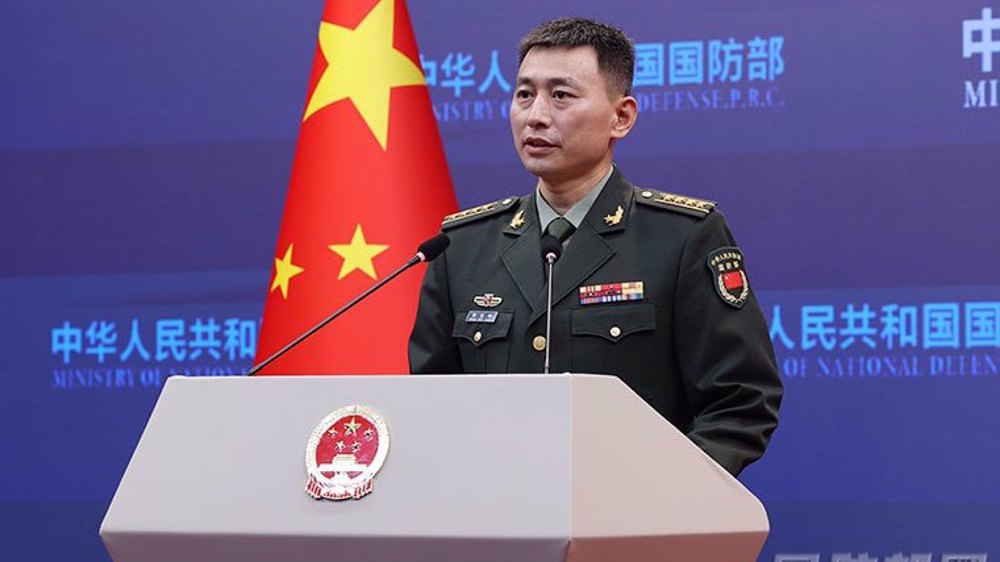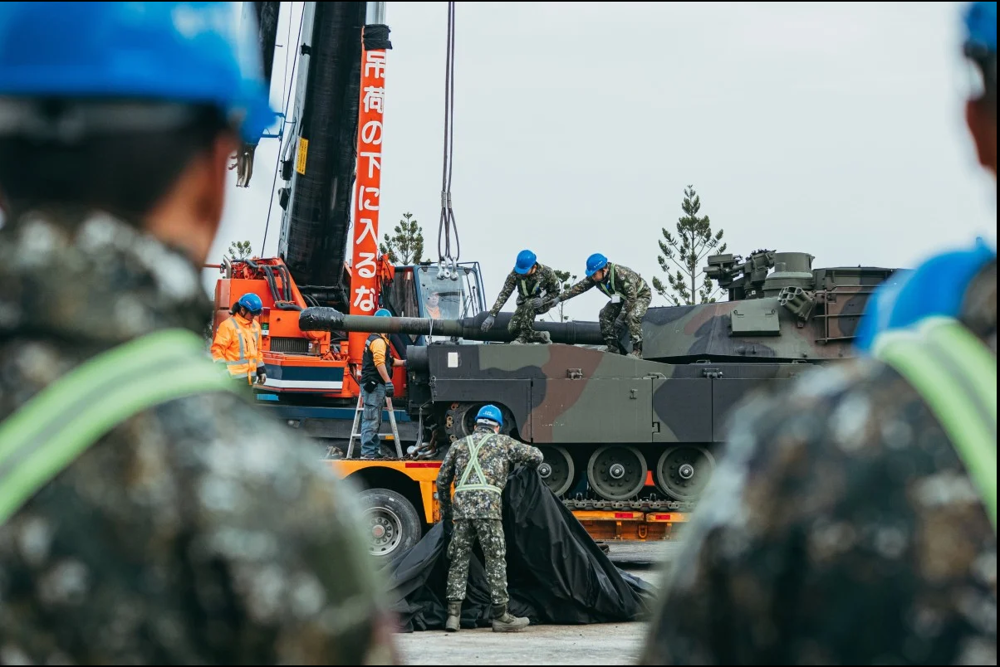Hong Kong no longer foreigners’ bridgehead to harm national security: Leader Lam
Hong Kong's leader Carrie Lam has reiterated her full support for the enactment of China’s proposed national security law, stressing that the semi-autonomous city will no longer be used as “a bridgehead” by foreign forces to endanger national security.
Lam made the remarks in a post on her social media account on Saturday night after China's top legislature reviewed a draft law on safeguarding national security in Hong Kong earlier in the day, which was submitted to the Standing Committee of the National People's Congress (NPC) for deliberation.
Lam pledged that the government in Hong Kong will fully cooperate with Beijing to effectively implement the national security law in the Asian financial hub.
She also noted that the local government will work to stamp out all illegal acts of advocating "Hong Kong independence", as well as all unlawful collusion with external forces with the aim of undermining national security.
Last month, Beijing introduced a new national security law that is expected to criminalize sedition, secession, and subversion against the mainland. The law will also pave the way for Chinese national security institutions to operate in the city for the first time since 1997, when Hong Kong returned from British to Chinese rule.
Protests erupted in Hong Kong after the law was proposed on May 22.
Critics view such a measure as a blow to the semi-autonomous region’s autonomy and civil liberties.
Proponents, however, believe the proposed legislation will return stability and leave political freedoms intact, and that Hong Kong’s local legislature has failed to pass its own national security laws over the years.
Lam further expressed full confidence in Hong Kong police's ability to deter the rioters' attempt to undermine public security in the city.
She also said the opposition forces' attempts to smear the efforts of Beijing and Hong Kong to safeguard national security in the semi-autonomous city are doomed to failure, adding that Hong Kongers will be expecting the return of public order in the city.
Hong Kong was rocked by violent protests over another bill that would have reformed its extradition law last year. Rioters vandalized the city, destroying public and private property and attacking anyone deemed to be pro-government. Hong Kong dropped that bill, but the acts of violence continued.
The Chinese government says the United States and Britain fanned the flames of unrest in Hong Kong by supporting the protesters.
Hong Kong has been governed under the “one-country, two-system” model since the city — a former British colony — was returned to China in 1997.
Iran: US airstrikes on Yemen war crimes, violation of international law
Yemeni armed forces down F-18 fighter jet, repel US-UK attack: Spokesman
Iran warns against US-Israeli plot to weaken Muslims, dominate region
VIDEO | Public uproar in US against Israeli regime
‘Ghost town’: 70% of Jabalia buildings destroyed by Israel
Mother’s Day: Sareh Javanmardi’s inspiring journey as Paralympic champion and mother
Russia downs over 40 Ukrainian drones as Putin vows 'destruction' on Kiev
VIDEO | Yemen: A bone in Israeli neck














 This makes it easy to access the Press TV website
This makes it easy to access the Press TV website